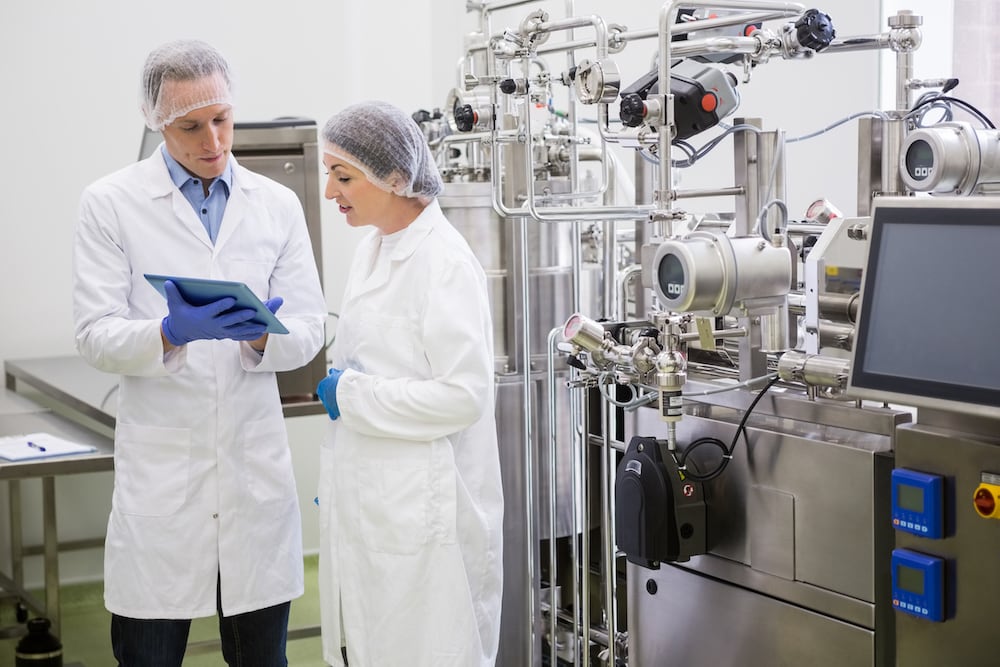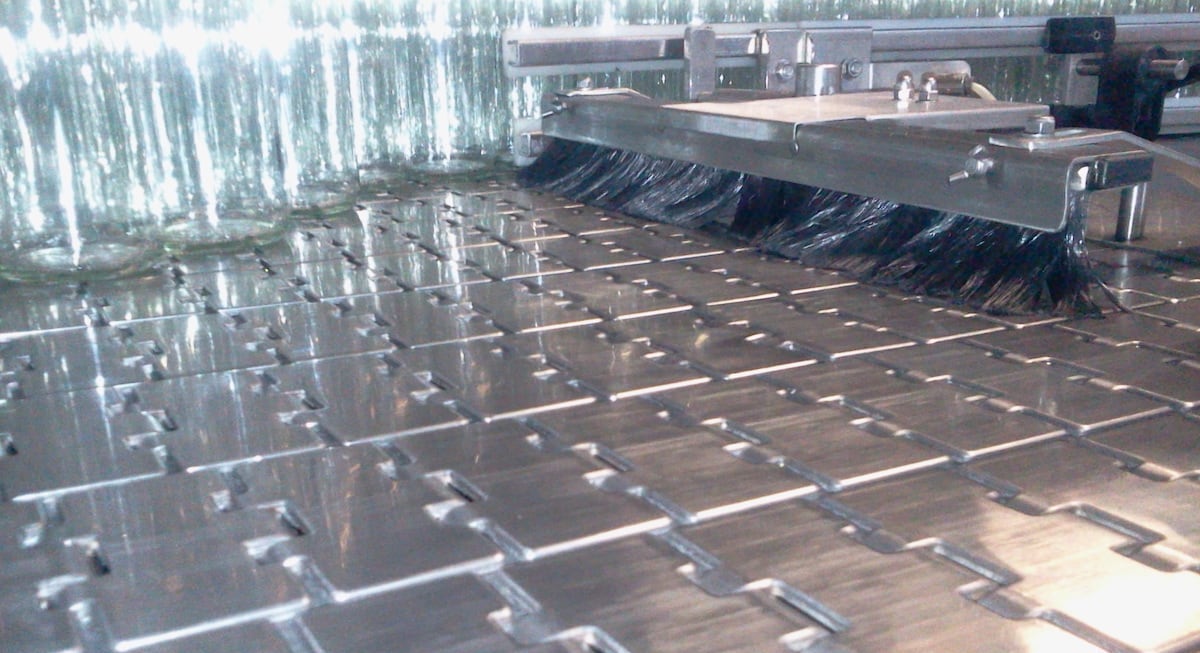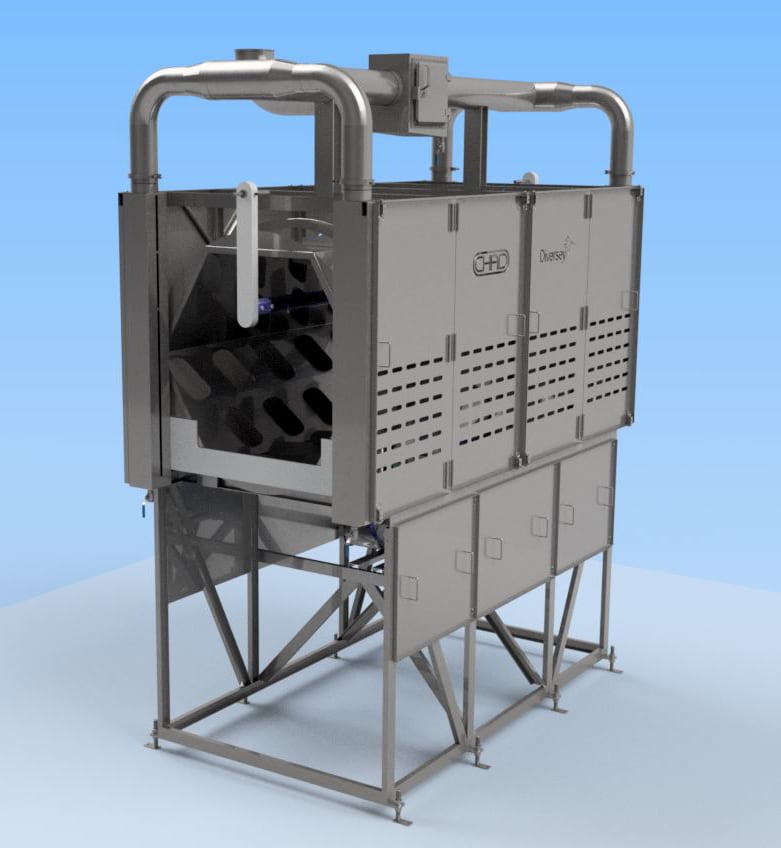A common Benjamin Franklin quote we often use here at Birko is, “An ounce of prevention is worth a pound of cure.” This means that keeping problems from occurring is much better and less expensive than trying to solve problems after the fact. This is especially true as it relates to sanitation chemicals at food plants. There are many vendors selling these chemicals to food plants these days and there will always be a potential new vendor that can sell you something cheaper than your current vendor. While a lower chemical price may look good on paper, there are some very important things to think about before switching to a new vendor:
- Is the lower-priced product comparable in terms of concentration and quality?
- Does the new vendor understand my business?
- Will the new vendor be reliable in getting the product to me on time?
- Can the company offer the same technical support that I am used to from my trusted vendor? (i.e., safety training, MSDS, Continuing Letter of Guarantee)
On the flip side, as it relates to the above questions, is your current vendor competitive and providing the quality and level of support you need? Sometimes, ordering from the same company time after time becomes second nature. In this case, it is a good idea to review prices and options once in awhile. But remember this if things have been running smoothly and problems are kept at bay: it can take a long time to develop a good reputation and an instant to lose it if the plant is not kept clean and sanitation problems creep up. This begs another question: is trying to save a little money on sanitation chemicals really worth risking your reputation and exposing employees and customers to a potentially dangerous situation? In the event of a recall, are you in a position to show beyond a shadow of a doubt that your sanitation products and procedures were doing the job?
Here is some food for thought. When it comes to cheaper chemicals, caveat emptor – buyer beware! Be careful when it comes to saving a buck or two on sanitation chemicals. Your livelihood and the health and safety of your employees and customers may depend on it.








